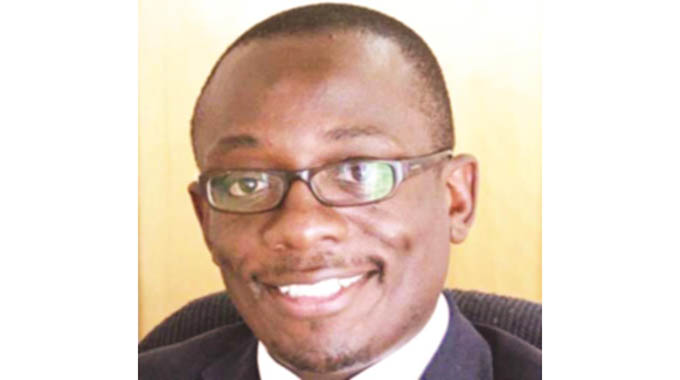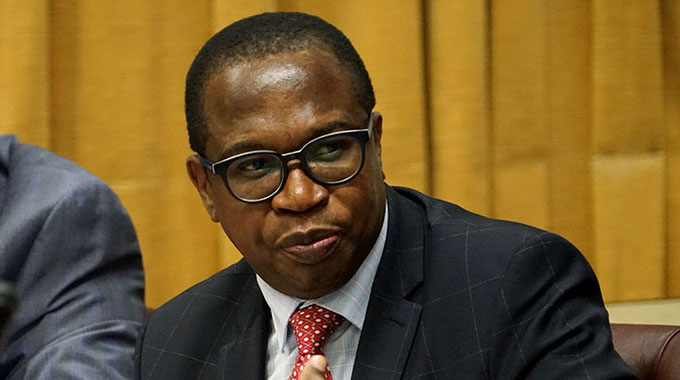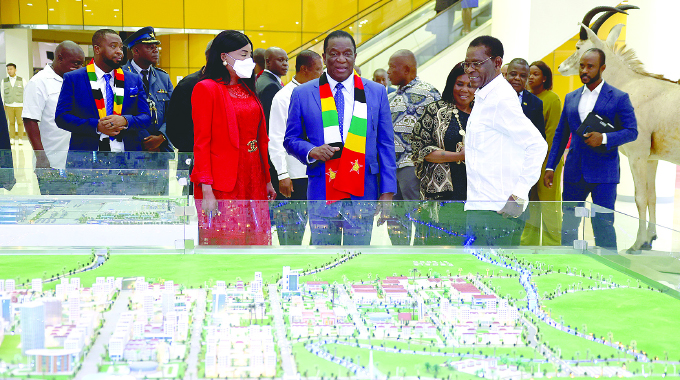Lower Six classes set to start Monday

Mukudzei Chingwere and Tina Musonza
This year’s Lower-Six learners will start their A-Level classes on Monday after the release of O-Level results early this week.
The short gap between the release of the O-Level results and the start of A-Level returns Zimbabwe to an earlier age, although in more recent times there was a longer gap as prospective sixth formers with results good enough to start A-Level missed their first choice and had to scramble to find another school.
But the education authorities want to maximise teaching time, and prevent these older teenagers from loafing around and getting into trouble.
The Government has reminded school authorities and parents that fees — be it tuition or boarding — will be paid on a pro-rata basis, that will see the incoming learners pay less than the rest who started classes last month.
“We don’t want our learners idling around aimlessly and falling victim to social ills like initiation into drug abuse,” said Ministry of Primary and Secondary Education spokesperson Mr Taungana Ndoro. “In view of that realisation, we have decided that they resume their studies this coming Monday.
“You will also realise that the past year or so our school calendar has been disrupted by Covid-19 mitigatory measures, particularly as it relates to face to face learning, so we are opting for an immediate class resumption so as to maximise on learning.
“We do not expect any disruptions on reopening and in the learning process. Schools must take note that since this group is coming in to join others who started on January 9, their fees will be charged on a pro-rata basis,” he said.
In light of a recent trend where some A-Level learners were taking a lot of subjects, Mr Ndoro said the ministry’s position is that three subjects suffice and in cases where some see the need then they can go for four.
He also reminded teachers that paid-for extra-lessons are illegal and those found doing it will be charged with criminal abuse of office. However, in cases where teachers feel the need for extended tutorials, they can have these but the extra time should include the whole class and should be at no extra cost.
Mr Ndoro said as parents and guardians scout for new schools for their children, they should ignore illegal schools as the quality of education at these institutions cannot be regulated or monitored.
“As Government we have taken a zero-tolerance position on illegal schools, but the best people to assist us in this fight are the parents themselves,” said Mr Ndoro.
“Why should you take your child to an institution which is not accountable to anybody? It’s just not right. Parents must help us bring this to an end,” he said.
Schools in Zimbabwe, be they Government, Government-assisted or private schools, are registered in terms of the Education Act and their operations are regulated through the Ministry of Primary and Secondary Education.
It is through this regulation framework that Government ensures that children get sufficient education of sufficient quality and commensurate with their age.
Meanwhile, the first term which opened on January 9, is going on well and Government continues to call on schools to abide by set Covid-19 mechanisms.
Government continues to give priority to education as it is one of the pillars with which Zimbabwe hopes to capacitate future generations, foster economic growth and sustain an upper middle income economy.
Zimsec has resumed the June examinations, halted during Covid-19.
Spokesperson Nicky Dhlamini said: “We have resumed the June examinations since we feel that it is time. The June examinations were closed during Covid-19 since it has been a limiting factor for school activities.
“We have been adhering to Government measures against Covid-19. As Zimsec we follow Government’s protocols and they are the ones that guide us,” she said.









Comments